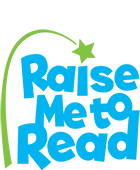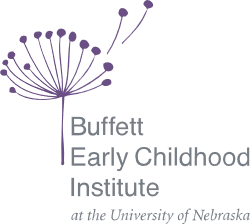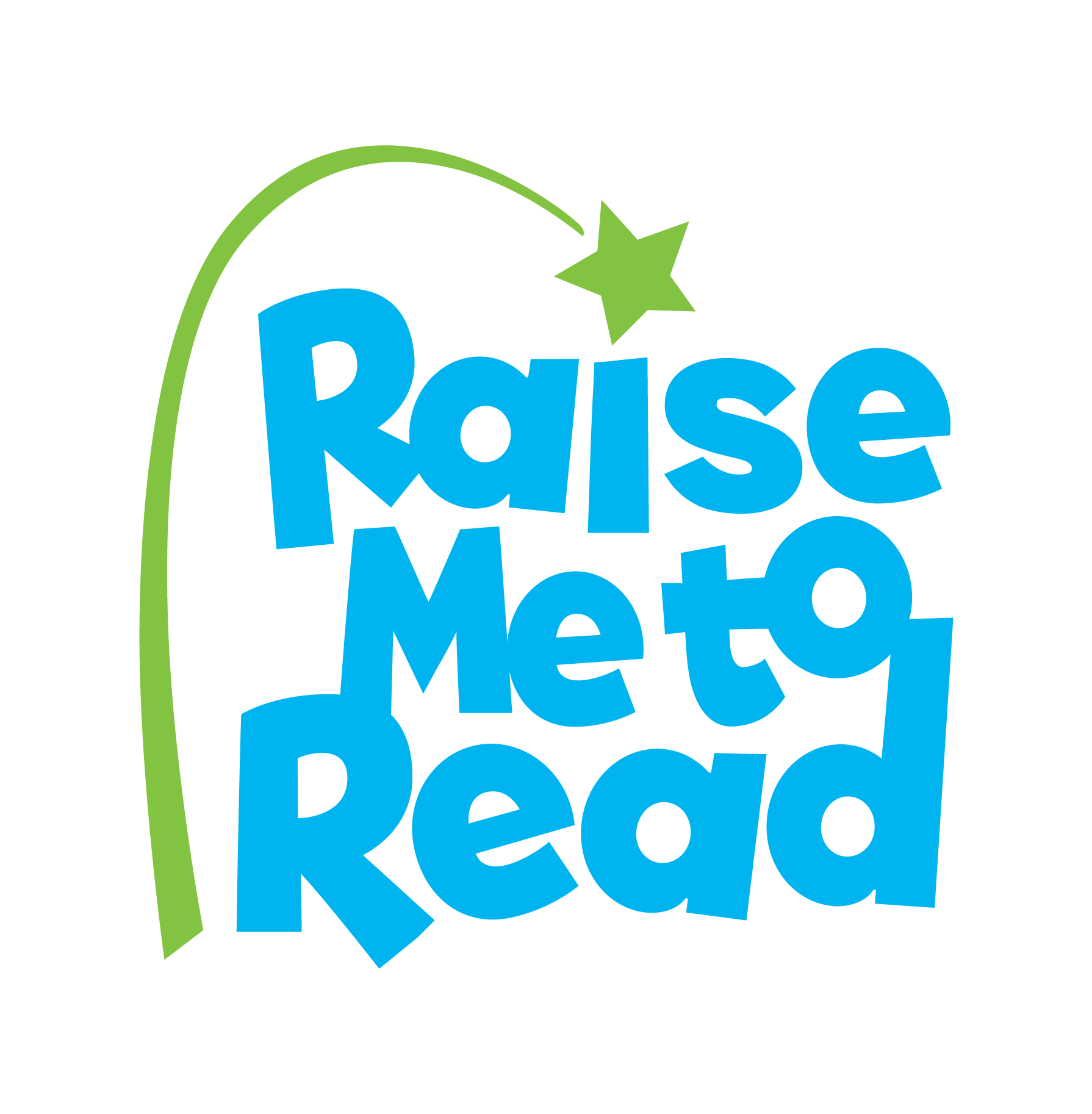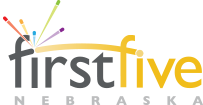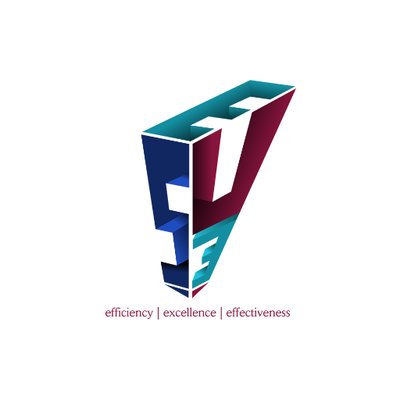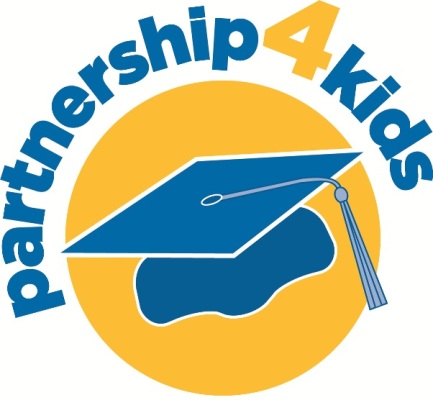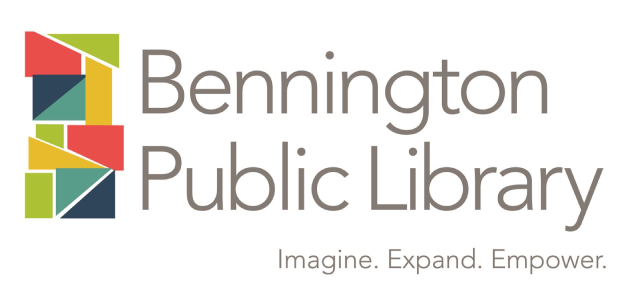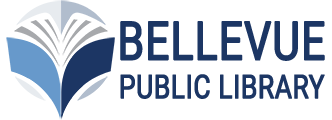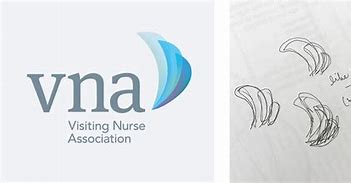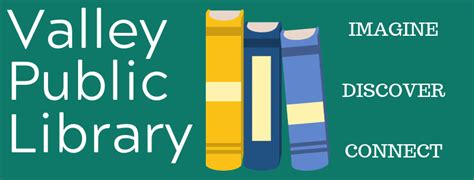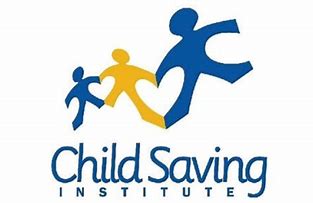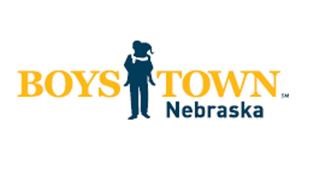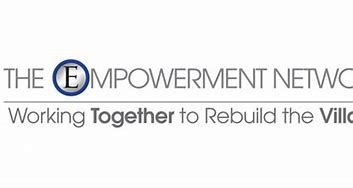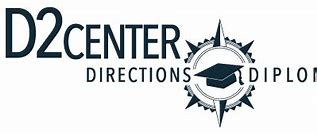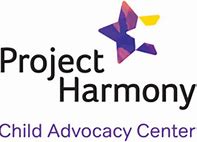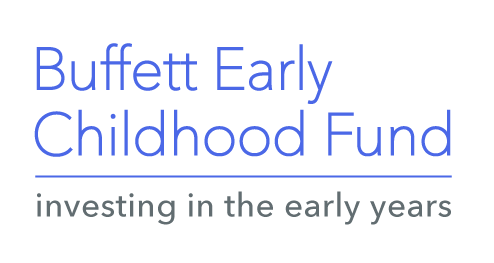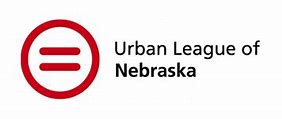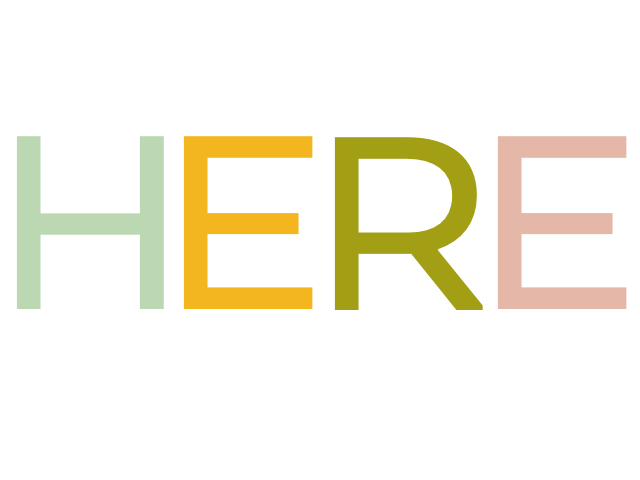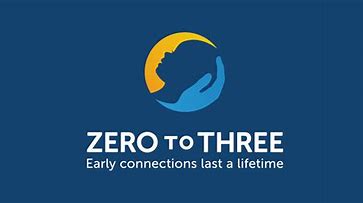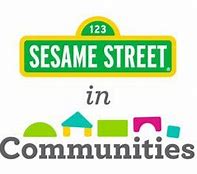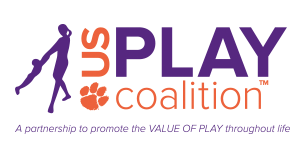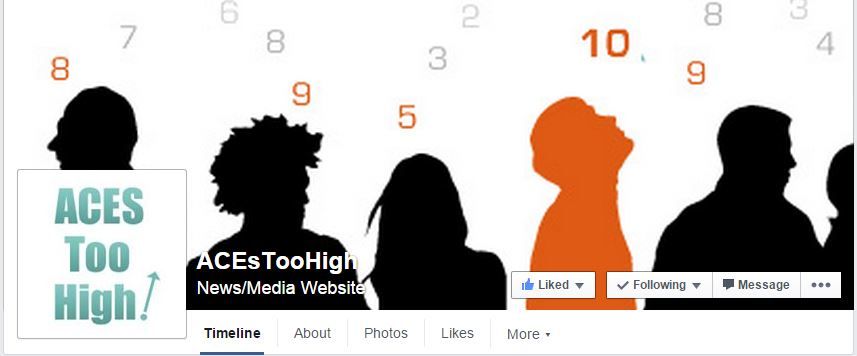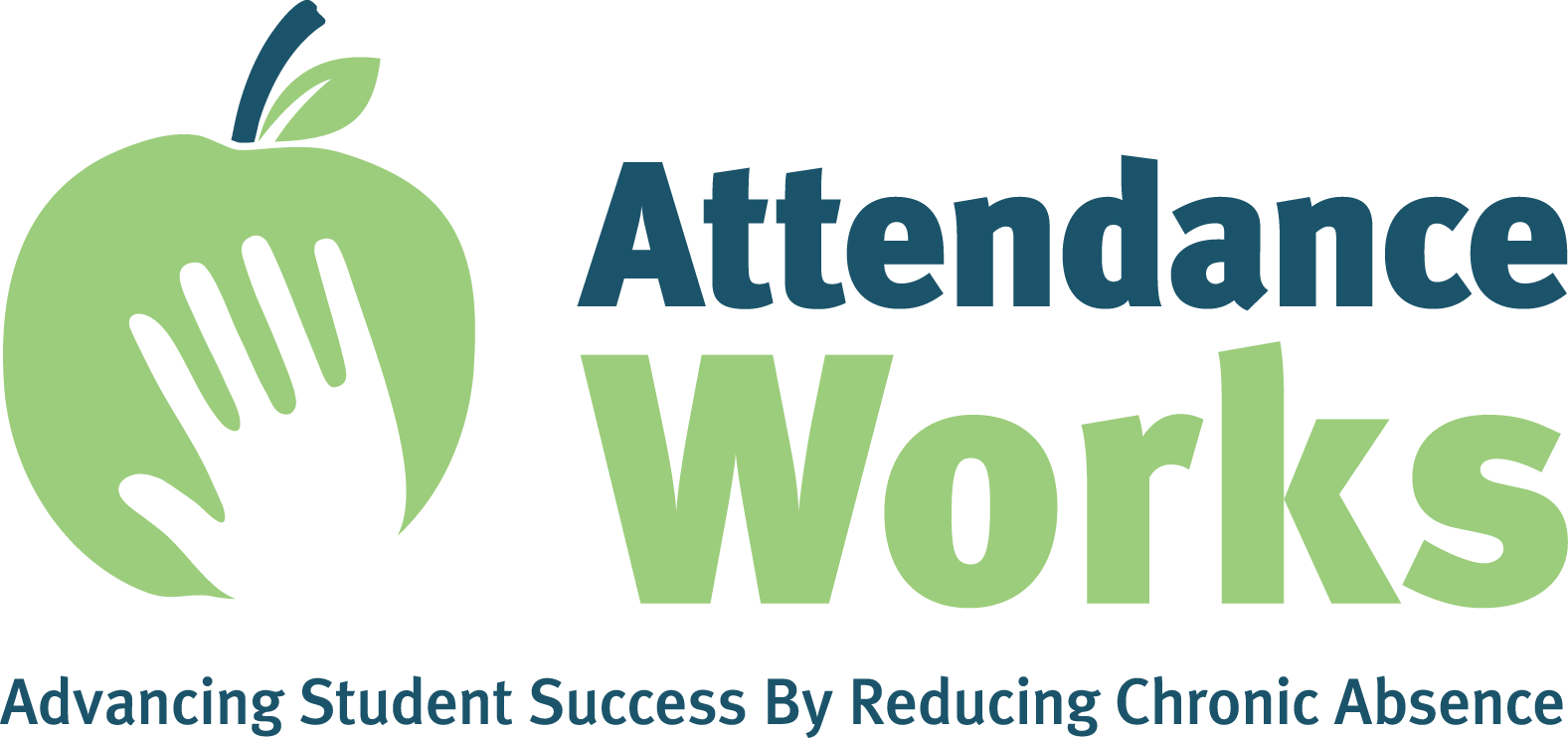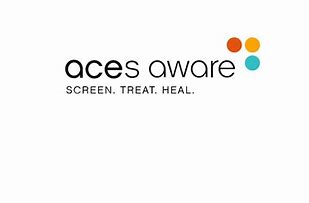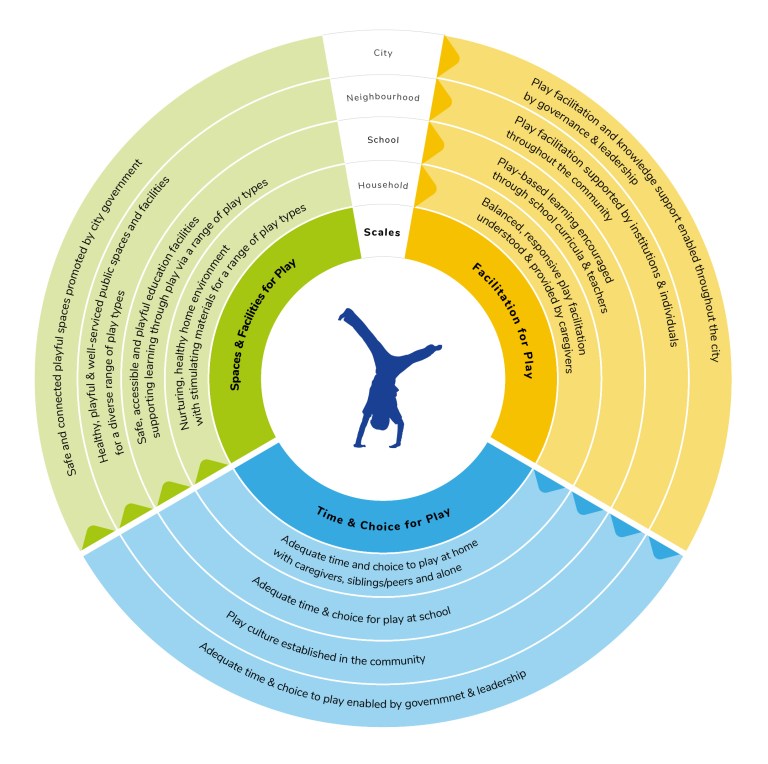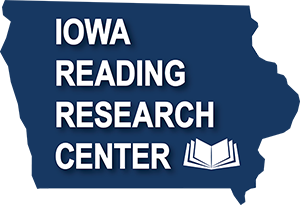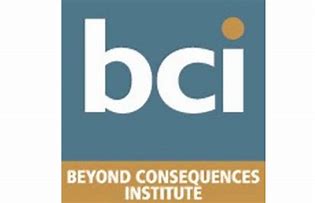Resources
Metro-Omaha~ Vroom Application Information
~ Tips and Resources for Parents and Other Caring Adults
~ Screening of Documentary RESILIENCE The Biology of Stress and the Science of Hope
~ Local Resources
~ Interlaced Strands of Support
~ Curated National Articles, Briefs and Reports
A fundamental aspect of our work is to engage and educate the community about the important role parents and other caring adults play in the development of children.
When information is curated for this page, the vision and scope will be as broad as that which is necessary to educate the Metro-Omaha community about what must occur to ensure all children have what they need from birth onward, which will ensure their future success in school and in life.
Parents, Caregivers, and Other Caring Adults
Because parents and other caring adults are the most important people in a child’s life, Metro-Omaha RMtR heartily endorses the use of the application “Vroom,” which provides everyday tips via phone app, on Twitter and on Facebook. Also featured are puzzle pieces which represent how engaging in simple activities with babies and children can make all the difference for future learning.
www.vroom.org
Twitter @joinvroom
Facebook @joinvroom
Please Read About Vroom, from its website:
Research shows there is no better time to create a strong foundation for lifelong learning than the first five years of life. It’s during this period that the brain develops most rapidly. And the things that matter most for healthy brain development, like talking and playing, don’t require more time, money, or stuff. That’s why Vroom is here.
Vroom believes all parents want what’s best for their children. So we joined with scientists, researchers, and parents to take the science out of the lab and put it in the hands of caregivers. Vroom provides science-based tips and tools to inspire families to turn shared, everyday moments into Brain Building Moments®.
The Bezos Family Foundation provided funding, and a lot of passion, because we believe that all parents have the potential to create a bright future for their children. Our goal is to share the science of early brain development in creative ways so all children have the chance to become thriving adults.
The most important teachers in the lives of children are their parents.
The most important time for creating a positive trajectory for learining and life is from birth to five.
The most important acts (from infancy onward) are reading, communication, new experiences, and safe and loving adult conversation.
The most important person is YOU.
READ!
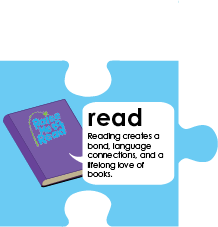
TALK!
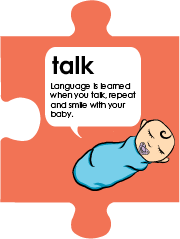
PLAY!
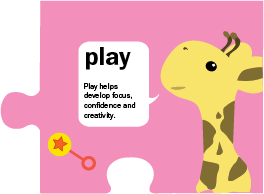
EXPLORE!
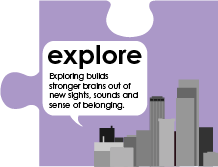
SING!
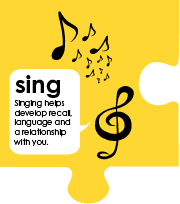
DRAW!
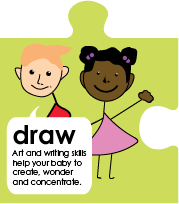
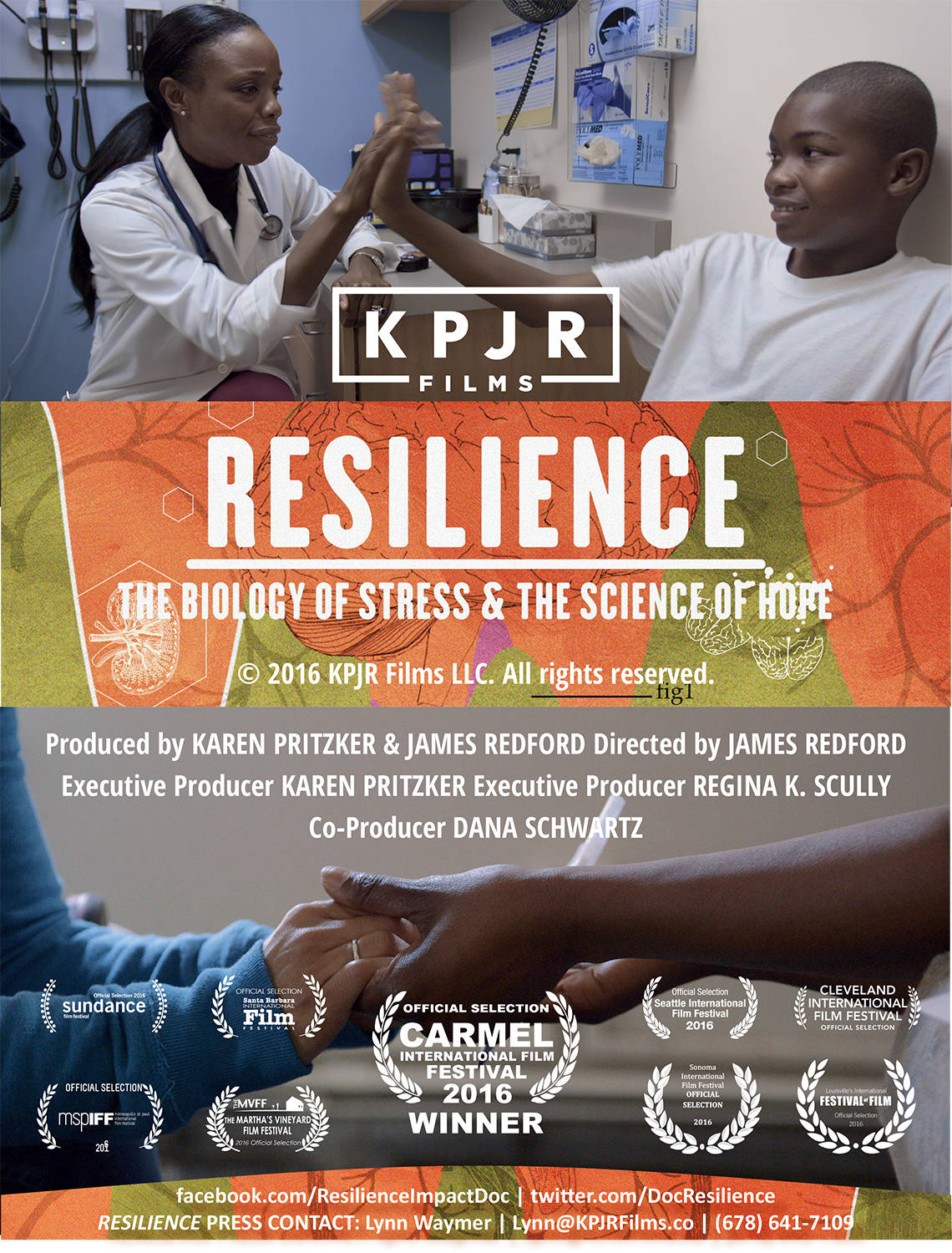
Understanding Adverse Childhood Experiences and Toxic Stress
In our Community Solution Action Plan, we note that often students and families lack the supports which foster resilience and success. We have held in person and virtual screenings of the documentary RESILIENCE The Biology of Stress and the Science of Hope to over 300 individuals, with the goal of "weaving the understanding" about how adversity and unyielding stress affects physical and mental health, self-regulation, and school success. Please contact Kathleen Knudsen at kknudsen@unomaha.edu to discuss screenings for your organization or school.Local Resources
Explore these organizations and initiatives which support and enhance early literacy and attendance by providing access to resources for parents, hosting caregiver and parent courses, and, of course, the local libraries which provide books and activities for children and families.
Please click on the image for a direct link.
Buffett Early Childhood Institute
Raise Me to Read You Tube
First Five Nebraska
Greater Omaha Attendance & Learning Services
ESU#3
Bennington Public Library
LaVista Public Library
Bellevue Public Library
VNA Parenting Support
Region 6 Behavioral Healthcare
Boys Town Common Sense Parenting
Baright Public Library Ralston
The Empowerment Network
D2 Center (Direction, Diploma)
Project Harmony
Interlaced Strands of Support
Research notes that the overlapping and interlaced strands in the web of support for a strong student community include assistance, encouragement, safety nets, monitoring, mentoring and advocating. (Joseph Murphy)
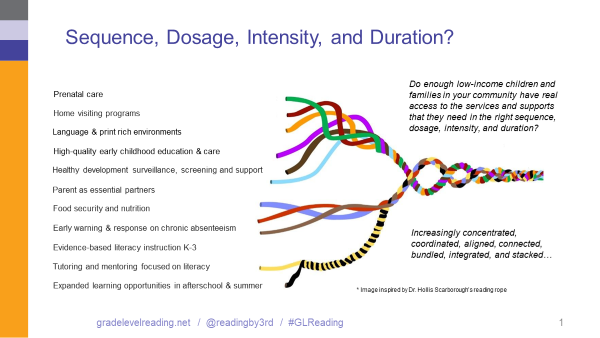
Ron Fairchild from Smarter Learning Group and the Campaign for Grade Level Reading presented to the joint Raise Me to Read Advisory Board an enhanced Scarborough Reading Rope, noting that in order to move all students to on-grade level reading, there are many interlaced strands of support required. He referred to these strands as, “Increasingly concentrated, bundled, integrated and stacked…” resources.
Among the many strands included are:
- Prenatal Care
- Home Visiting Programs
- Language & Print-rich Environments
- High-Quality Early Childhood
- Education and Care
- Healthy Development Surveillance, Screening and Support
- Parent as Essential Partners
- Food Security and Nutrition
- Early Warning & Response on Chronic Absenteeism
- Evidence-based Literacy Instruction K-3
- Tutoring and Monitoring Focused on Literacy
- Expanded Learning Opportunities in Afterschool & Summer (Extended Learning)
Curated National Resources
Explore these nationally and internationally recognized resources for deep dives and accesible content. Topics featured here will include but not be limited to early literacy, projects which enhance parent-child interaction, attendance, digital equity, neuroscience, extended learning, and information regarding adversity and toxic stress.
Harvard Center on the Developing Child
Here For You For Them
Common Sense Parenting Family Guides
Alberta Family Wellness Initiative
Aces Too High
CDC Posistive Parenting Tips
Attendance Works
Help Me Grow
National Digital Inclusion Alliance
California ACES Aware
Articles, Research, Briefs
Relevant research, articles, infographics and essays are featured to illuminate current and evolving issues.
Please click on the article title for a direct link.
Molly Wright: How Every Child Can Thrive by Five
Please click here for a link to this darling TED talk by Molly Wright. It’s everything you need to know!
How to Maslow Before Bloom All Day Long
This article from Edutopia discusses the importance of considering the basic needs of children first, before engaging in the rigor of instruction.
Missing in the Margins: Estimating the Scale of the COVID19 Attendance Crisis
Researchers estimate that for 3 million children March 2020 might have been the last time they experienced any formal education.
In Brief: The Science of Early Childhood Development
A practice brief regarding the need for investment in early childhood, given what neuroscience has taught us about the importance of early literacy.
Child's Play: How Progressive Era Science Shaped America's Playgrounds
Without the participation of children and the broader community in the creation of urban spaces, top-down approaches to addressing the problems of urban childhood failed and will continue to fail.
Closing the K-12 Digital Divide in The Age of Distance Learning
In this report and infographic, Common Sense provides information from across the nation regarding digital access and proposes remedies to fill the gapes which exist.
Adverse Childhood Experiences: The Invisible Backpack
Nicole Thompson created a “Reverse the Adverse” training for educators.
Key Ingredients for Systemic Change
Attendance Works provides an infographic demonstrating an holistic approcach to solving the problem of chronic absence in schools.
Learning Landscapes: Where the Science of Learning Meets Architectural Design
Rich learning opportunities in and out of school are critical for children to develop positively. Learning Landscapes is a new initiative that marries the fields of urban design and developmental science to bring playful learning opportunities to places where children and families spend time.
Mental Health/ACE's Call to Action Report
The Wellbeing Partners, working in concert with local health departments of Sarpy, Cass, Douglas and Pottawattamie counties, published this report and “call to action” to inform the public about Adverse Childhood Experiences in our area.
The Power of Reading
Scholar Maryanne Wolf provides research and perspective on the effect of computer reading and skimming and how it changes our ability and interest in deep reading. Metro-Omaha RMtR intends to host a book stody of Wolf’s Reader Come Home.
30 Million Word Gap
This short PDF from the Annie E. Casey Foundation explores the importance of parent-child verbal interaction. As compared to their peers, some children have a word-deficit of as many as 30 million words.
Play-and-learn spaces: Leveraging library spaces to promote caregiver and child interactio
Several authors including Kathy Hirsch-Pasek describe the importance of turning everyday activities into fun learning experiences.
Social and Emotional Development
From Help Me Grow (the model which Children’s Hospital’s Center for the Child and Community has adopted) a one-pager which includes definitions, tips and activities.
The Critical Place of Play in Education
Dr. Debora Wisneski, a UNO professor and nationally recognized expert in the importance of play, co-authors this “outreach for advocacy” article regarding the importance of play as a “building block for humanity” and essential manner of learning.
Predicting Dyslexia With Assessments of Foundational Reading Skills
Dr. Deborah Reed from the Iowa Reading Research Center provides a research brief regarding dyslexia.
Trauma is 'Written Into Our Bodies -- but Educators Can Help
Dr. Nadine Burke-Harris discusses with Edutopia what she learned about multi-generational adversity and the effects of toxic stress as described in her book, The Deepest Well: Healing the Longterm Effects of Childhood Adversity. Dr. Burke-Harris is now California’s first Surgeon General.
